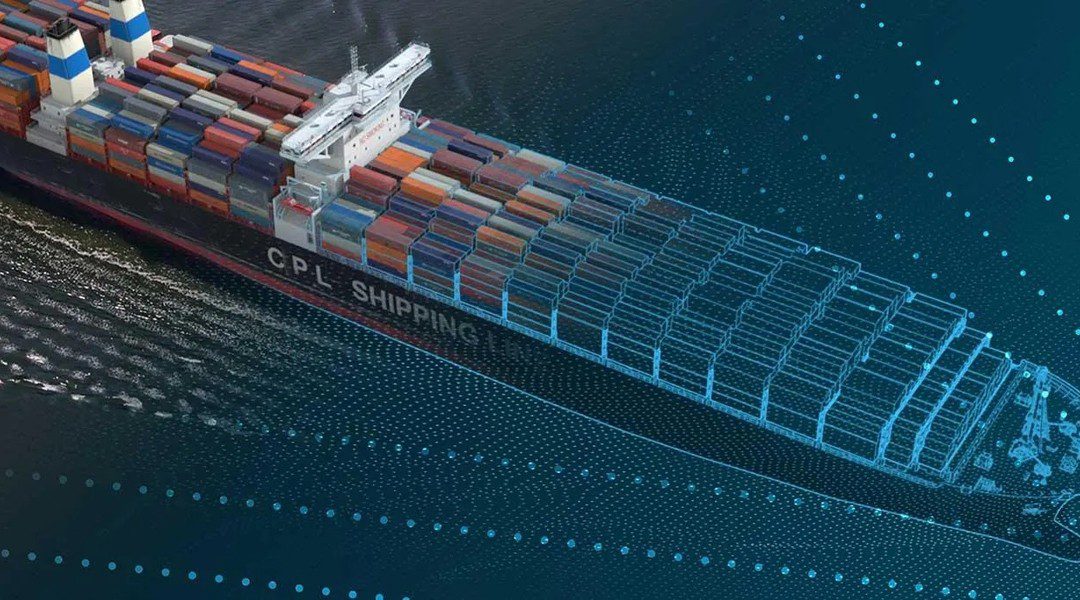Costamare Bulkers has signed a wide-ranging cooperation agreement with Cargill, shifting focus toward steadier earnings while deepening ties with one of the dry bulk sector’s largest charterers.
The New York-listed Greek owner said the deal includes transferring to Cargill most of its trading book, covering chartered-in tonnage, cargo commitments, and derivative positions. Four supramax vessels will also be fixed to Cargill for four to six months.
The deal stretches beyond chartering. Costamare Bulkers will work with Seascale Energy — a joint venture between Cargill and Hafnia — to cover bunkering needs across its fleet. The companies also intend to collaborate on decarbonisation strategies and efficiency projects, while exploring co-investment opportunities in bulk tonnage and related ventures.
Chief executive Gregory Zikos said the arrangement would allow Costamare Bulkers to scale back its exposure to volatile freight trading and secure more predictable income streams. “We are pleased to announce the agreement with Cargill, a first-class and well-respected partner in the dry bulk sector,” Zikos said. “The agreement allows us to reduce our exposure in the volatile trading business and generate more stable and predictable earnings, while at the same time maintaining our operating platform under CBI as an integral part of our business model.”
Jan Dieleman, president of Cargill Ocean Transportation, said the partnership would strengthen Cargill’s ability to serve its customer base. “This partnership allows Cargill to better serve its customers as it continues to help us grow our current fleet,” he noted.
Costamare Bulkers operates a fleet of 37 owned bulk carriers with a combined capacity of just over 3.1m dwt, though six vessels are slated for sale. Its operating platform CBI remains active in chartering, contracts of affreightment, forward freight agreements, and hedging.
The company noted the cooperation could pave the way for future joint ventures in dry bulk shipping and associated services, positioning both firms to scale in areas of decarbonisation and supply chain efficiency.





